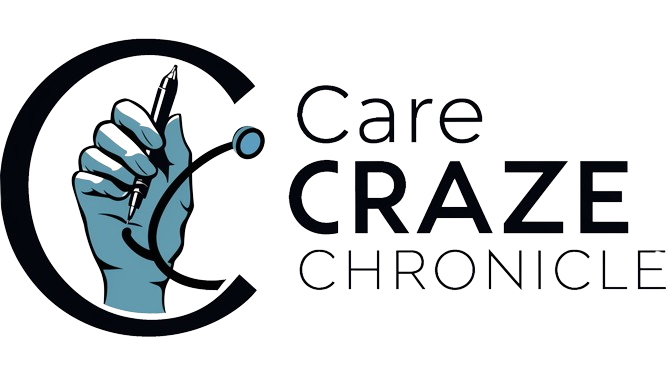- Home
- Latest
- Disease A-Z
- Healthy Living
- Nutrition Facts
- Fitness Advice
- Medical Insights
- Mental Health
Subscribe to Updates
Subscribe to the CareCraze Chronicle newsletter for the latest updates, health tips, and exclusive content delivered straight to your inbox.
Browsing: Healthy Living
Take your workouts, for instance. Focusing only on strength training or cardio and skipping stretching can put you at risk for injury and pain, Cyrelson says. By doing a ton of work that contracts the muscles (which shortens them) and never stretching (lengthening) them, your muscles can end up imbalanced, she explains. This can cause…
New: Meal Planner Plan your weekly meals instantly from anywhere on the web Go To Meal Planner! If you’re trying to cut carbs while feeding a family, these quick low carb recipes are the answer! From garlic butter steak bites and zucchini noodles to sausage and cauliflower rice skillet, these low-carb dinner recipes are all…
Adapted with permission from Making Sense of Vitamins and Minerals, a special health report published by Harvard Health Publishing. Are you getting the vitamins and minerals you need? Vitamins and minerals are essential nutrients because they perform hundreds of roles in the body. There is a fine line between getting enough of these nutrients (which is…
There is a problem with information submitted for this request. Review/update the information highlighted below and resubmit the form. From Mayo Clinic to your inbox Sign up for free and stay up to date on research advancements, health tips, current health topics, and expertise on managing health. Click here for an email preview. Learn more…
Vitamins and minerals are essential substances that our bodies need to function normally. The known vitamins are vitamins A, C, D, E, and K and the B vitamins: thiamin (B1), riboflavin (B2), niacin (B3), pantothenic acid (B5), pyridoxine (B6), cobalamin (B12), biotin, and folate/folic acid. A number of minerals are essential for health, including calcium,…
Vitamins and minerals are micronutrients required by the body to carry out a range of normal functions. However, these micronutrients are not produced in our bodies and must be derived from the food we eat. Vitamins are organic substances that are generally classified as either fat soluble or water soluble. Fat-soluble vitamins (vitamin A, vitamin…
Some exercises, including bicep curls and squats, can support weight training at home or the gym. You can use free weights or your body weight with certain exercises to provide resistance.Whether your goal is to build muscle mass or achieve a fitter, more toned body, lifting weights can help you get there. Weight training, also…
Getting enough protein daily is essential for your overall health. Healthy protein sources include eggs, nuts, lean meats, fish, dairy, and certain grains.Proteins are a large category of molecules that support cell structure, immune function, movement, chemical reactions, hormone synthesis, and more. They’re all made up of tiny building blocks called amino acids. Nine of…
Saturated fats are solid at room temperature. They’re found in animal products like beef, pork, milk, and cheese. Research on whether or not they’re healthy is mixed.The role of saturated fat in the diet has been studied for many years. However, research on whether or not it forms part of a healthy diet is still…
In our quest for better health and natural healing, many of us are turning back to the roots of traditional…
